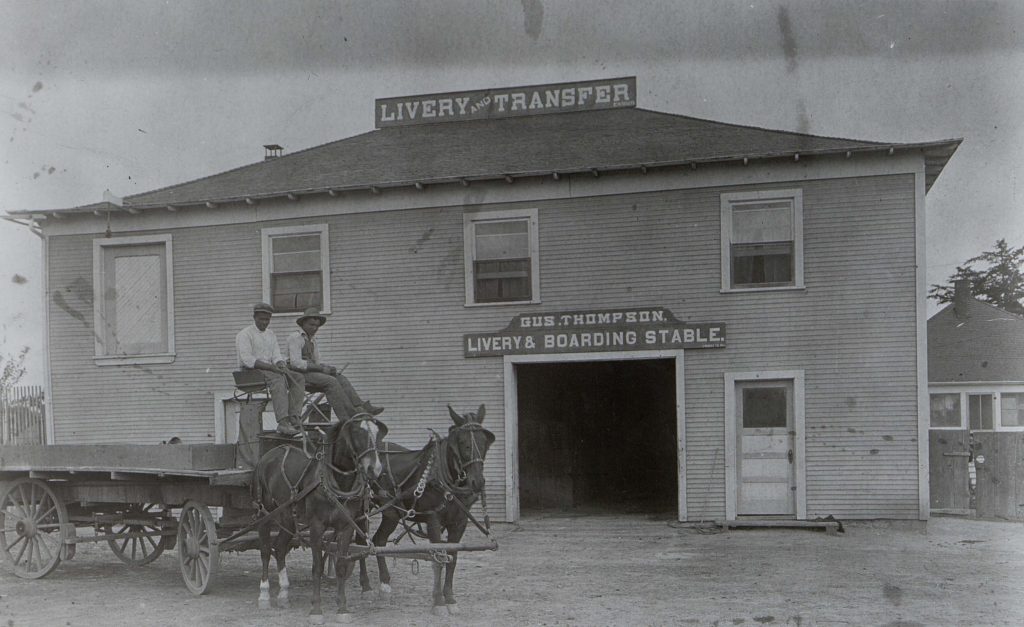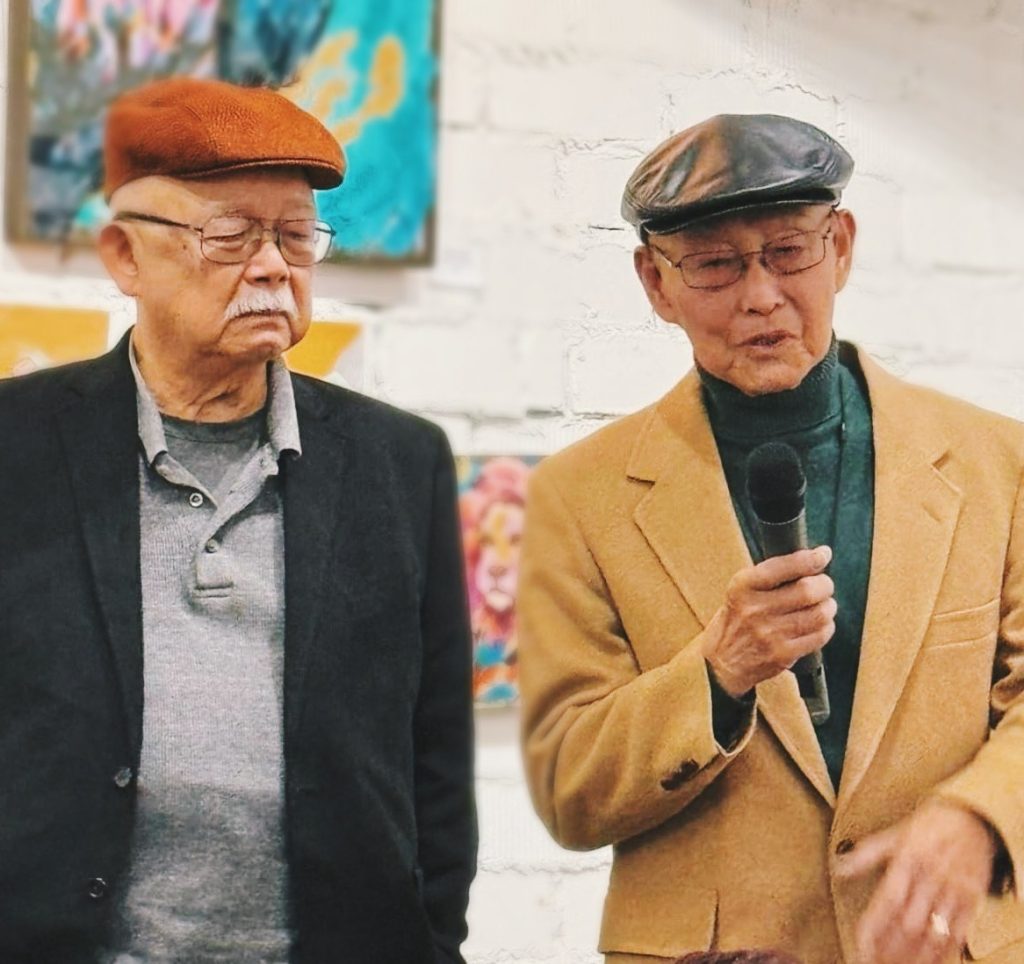It’s a real-life fairy tale almost 100 years in the making.
The Dongs, a Chinese-American family, say there was “no way” they could have rented a home in Coronado in 1938. As Chinese Americans, they faced race-related challenges and restrictions when it came to making a home in the United States. The Chinese Exclusion Act was still in play, excluding many from U.S. citizenship, and attitudes about Chinese Americans were often unwelcoming at best.
But the Thompsons, a Black family living in Coronado, owned their home on C Avenue. Gus Thompson, who had been formerly enslaved in Kentucky, and his wife Emma, were both successful entrepreneurs and two of Coronado’s most important Black pioneers. They knew all too well the challenges non-white races faced.

The Thompsons made a practice of renting out their home to immigrant families, and used the upstairs portion of their livery stable as a boarding house for Black Americans doing seasonal work in Coronado. Often, it was the only bed in town for Black people, according to local historian Kevin Ashley.
It’s just the kind of people they were.
“Gus and Emma Thompson didn’t back down from anything,” said Ashley. “They did the right thing to lift up the community, and they weren’t afraid to speak up.”
So when Lloyd Dong, a Chinese gardener, and his wife Margaret were looking for somewhere to live, the Thompsons agreed to rent to them. The encounter resulted in a lifelong relationship that spanned decades. The Dongs continued on to rent for the next 17 years and raised four “talented and industrious kids,” who all went on to attend Coronado schools, according to Ashley.
“At that time, this was the only place my Chinese parents could rent in Coronado,” said Ron Dong, son of Lloyd and Margaret Dong. “If it wasn’t for the Thompsons, my family would not have been able to live in Coronado where my father worked as a gardener.”
At some point, Gus and Emma made an agreement with the Dongs. They decided to give the Dong Family the option to buy the home, if they wished. The Thompsons likely knew that was the only way the Dongs could continue to live in Coronado, due to racially restrictive real estate practices.
In 1947, Gus passed away, and in 1955, Emma kept her promise and sold the home to the Dong Family. The Dongs still own the home today.
Then came a stunning announcement.
87 years after their family came to Coronado, on February 8, 2024 at a preview event at Emerald C Gallery for the new Coronado Historical Association’s exhibit, “An Island Looks Back: Uncovering Coronado’s Hidden African-American History,” the Dong children shared some surprising news.
The last two remaining Dong children—Lloyd Dong, Jr, 82, and Ron Dong, age 87—said they were in the process of selling their Coronado home due to their advanced age, and their portion of the proceeds from the sale of the property, which encompasses two lots, will be donated to the Black Resource Center of San Diego State University. And, subject to SDSU senate approval, the center will be renamed the Gus and Emma Thompson Black Resource center.
The room erupted in cheers and thunderous applause.

The Dongs said they owe much of their success in life to the opportunity the Thompsons gave them.
“Because we grew up in Coronado, and got our education here, we have become financially able to donate this money to the center, and we are happy to do that,” said Lloyd Dong, Jr.
“What’s important here is what was given to us, to our family, and the education that came from it, and now is the time to give it back,” said Ron Dong.
Bruce Mayberry, longtime Chairman of the Central San Diego Black Chamber of Commerce and Trustee of the San Diego History Center, thanked the Dongs for their significant contribution.
“When you look at the plight of Black America today, and you see that we are on the bottom of economic wealth, we are on the bottom of education, we are on the bottom of business,” said Mayberry. “We need to tell the stories of why that deficit is so large, and then we need to celebrate those who try to close that deficit, and make it better.”
Monica Montgomery Steppe, the first Black American woman to serve as County Supervisor in San Diego history, was also in attendance and expressed gratitude to the Dong family.
“You have given me hope this evening that there are so many people that remember who they are, where they came from, and want to do the right thing, and that’s is no small feat in this world where money is king,” said Steppe. “I want to tell you that your story is needed because it provides us with hope …Thank you. Thank you.”

The exhibit, “An Island Looks Back: Uncovering Coronado’s Hidden African-American History,” is featured at the Coronado Historical Association and will run through May.




